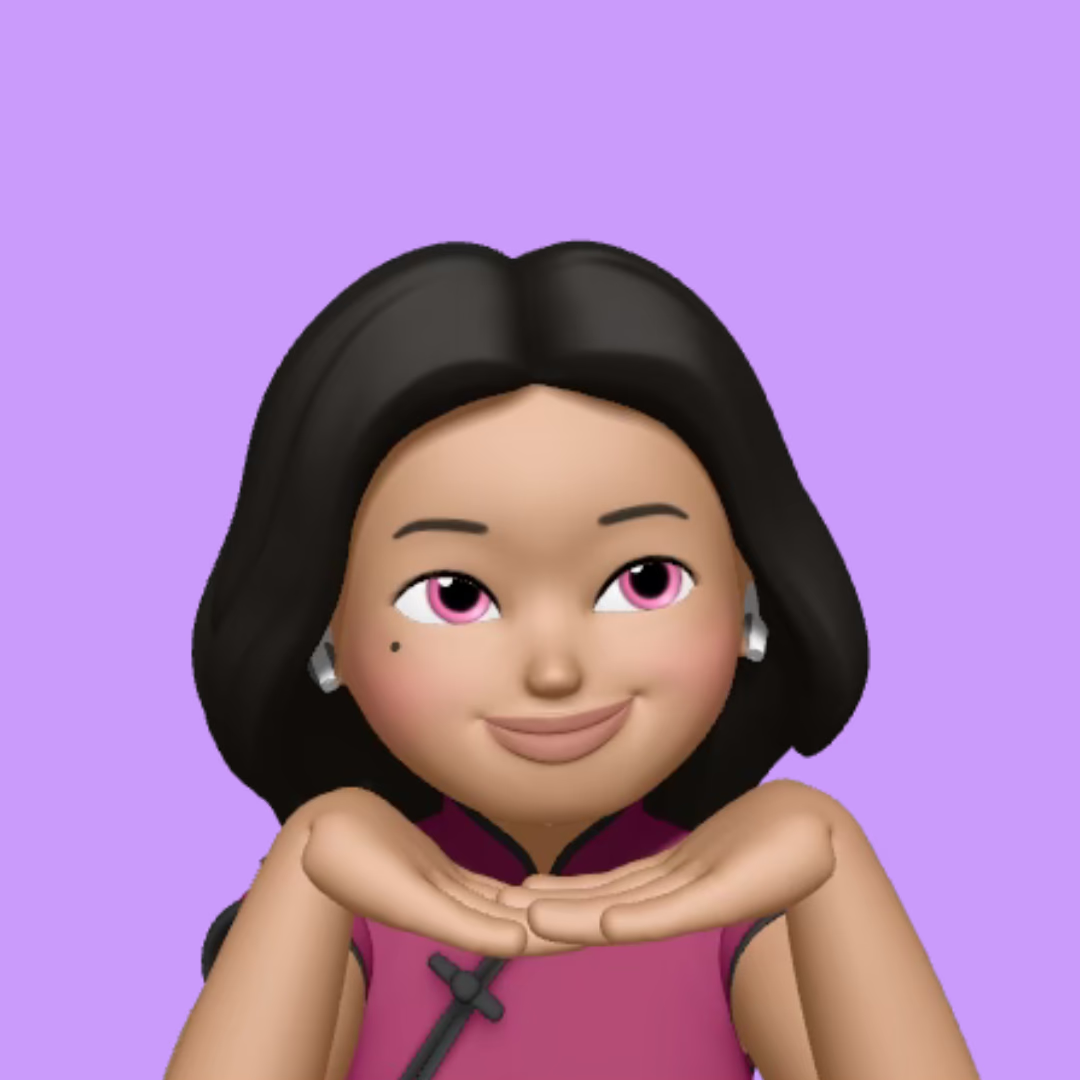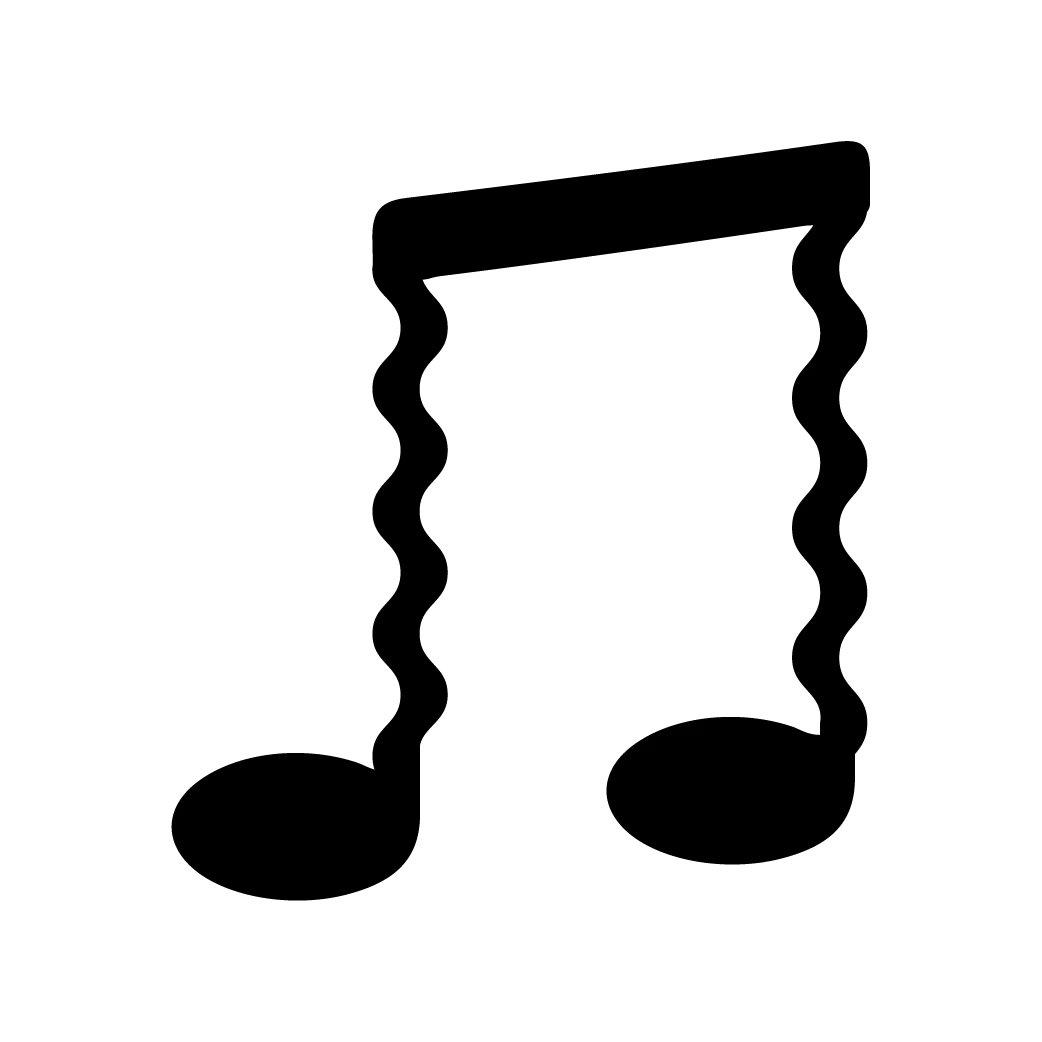Selling Influence: Should OnlyFans Be Aspirational?
In a world where your next scroll could slip a soft-promo for OnlyFans between a meme and a trending sound; adult content is now just a few taps away for teens, creators are "hustlers" in the mainstream, and algorithmic fame blurs the lines between choice, pressure, and survival—We have to ask: are we selling empowerment, or are we selling a fantasy with real-world costs?
Apr 27, 2025
In just a few taps on your smartphone device, the gates are open to overwhelming access to audiovisual pornographic content—and it's also accessible to an average teenager.
The normalization of pornography access through unfiltered social media is alarming in today’s age, teens who use more than four types of social media have quicker access to pornography, and they're more likely to be teenage boys.
Creators on monetizable uncensored sites such as OnlyFans are now cross-promoting on TikTok FYPs and Instagram timelines, discreetly in memes, casually mentioned in podcasts or even verses of songs. Now seen as “hustlers,” they use the platform as a tool of empowerment, a place where individuals—particularly women—reclaim control of their bodies and capitalize over their own images. But when you promote this lane of work, even discreetly, through platforms that are marketed towards children as young as thirteen, you infiltrate an audience that is easily influenced by the image you portray in a simple 90-second video.
Here’s a breakdown of the percentages of content creators on OnlyFans: 70% of content creators are women, earning an average of 78% more than their male counterparts; 69% of the consumers are men.
And with celebrities like Cardi B, DJ Khaled, and Bhad Bhabie jumping on the bandwagon, the platform gains even more cultural capital, making it feel like a normalized, even aspirational, career choice for young people navigating a tough economy.
The concern doesn’t lie in the existence of adult content itself, but rather in how it’s marketed and consumed without critical reflection. Algorithms push explicit content to the top. Social pressure to appear “sex positive” or “liberated” discourages dissent. And fear of being labeled “anti-woke” often silences important conversations about the mental health effects, body image pressures, and exploitation that can accompany one’s involvement in this industry. It’s also important to contextualize this within the broader arc of sexual liberation.
While the women’s liberation movement fought for bodily autonomy and destigmatization, they also revealed the dangers of commodifying liberation without structural protections. Today, as teens grow up in a digital environment saturated with hypersexualized content, we must ask—are we empowering young people, or are we simply giving them new tools for old systems of objectification?
This isn't about being anti-sex work. It's about being critical of how we talk about it.
Not everyone on OnlyFans is empowered—many are pressured. The platform is largely known for sexually explicit content, which tragically makes it contribute to sexual exploitation and online trafficking. Even when creators use a fake online nickname and email, a recent study published in March 2025 found that Peer-to-Peer (P2P) counterparties and a simple image of the creator can locate the OnlyFans profile’s location.
While social media influencers may portray the “OnlyFans lifestyle” as enjoying a lavish home and trips to shoot “movies,” it’s also important not to forget it also provides a pool for human trafficking and exploitation. And the more we glorify the platform without nuance, the more we risk pushing young people into spaces they aren’t ready for—without ever having the tools to navigate them.
Empowerment shouldn't be confused with performative liberation. If we truly care about agency and consent, we have to be honest about the costs behind the paywall.


















